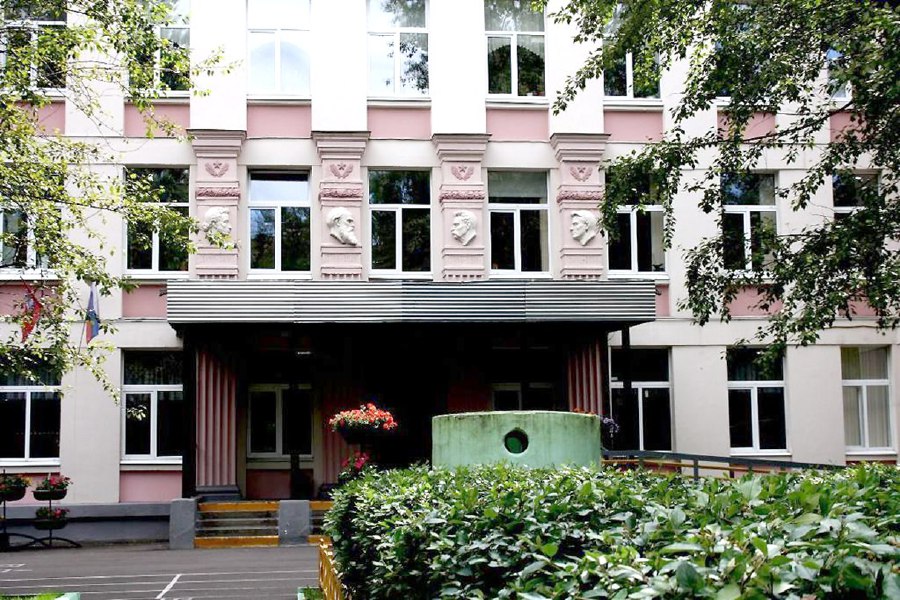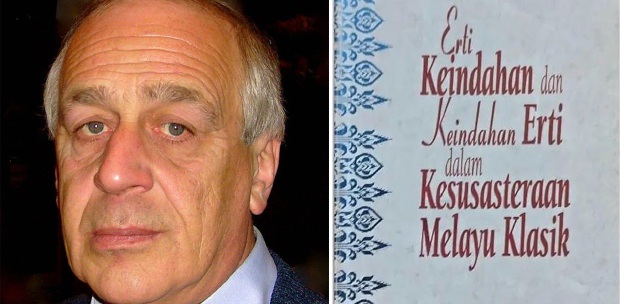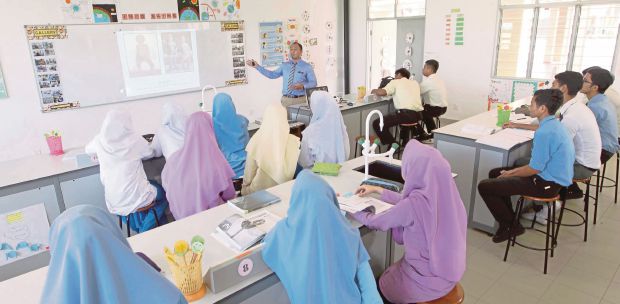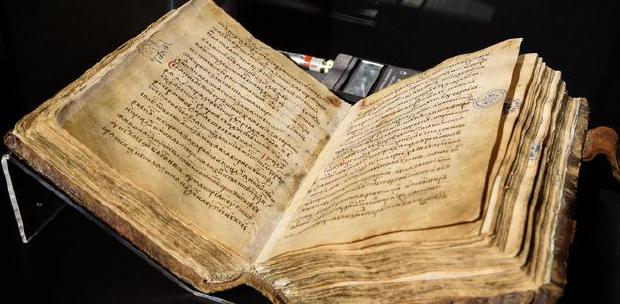When you go to any school in Moscow, you will see bas-relief portraits of great Russian and Soviet writers on the facade of the building.
Alexander Pushkin, Leo Tolstoy, Maxim Gorky and Vladimir Mayakovsky 'look' at the students entering the schools every day.
I should highlight the literature curriculum in the Russian school system.
We have compulsory study of literature from the fifth to the eleventh grades, three literature lessons per week in grades 5 and 6 and 9 to 11, and two lessons in grades 7 and 8.
During this time, schoolchildren must read more than 650 works of poetry and prose.
This shows the importance of literature in the Russian education system.
What is the situation with literature in Malaysian schools? As far as I know, there is no "literature" subject but only a "literary component" (komsas) of the study of the Malay language.
What do famous Malaysian writers think about this?
Poet and playwright Datuk Che Shamsudin Othman, well known as Dinsman, believes that literature should be a standalone subject.
Only then will students be able to become fully acquainted with the literary heritage of many generations of writers.
It will also give higher education institutions the opportunity to train teachers in this field to the required standard.
Professor Mohammad Haji Salleh thinks so, too.
The national laureate says literature should not be combined with the study of language because:
1. Both have different bodies of knowledge;
2. Putting language and literature together will not give teachers enough time to explain things in detail;
and
3. Language is the study of linguistics, while literature uses language style to develop ideas into creative works.
It is difficult for a teacher to master both fields. Thus it is unsuitable to combine literature with the highly technical teaching of language in matters such as spelling, grammar, etc.
Another national laureate, Datuk Dr Anwar Ridwan, shares this view.
"I think it is necessary to make literature a special subject, like in England and in some other countries (including Russia).
"Literature educates the soul, involves delicate feelings and teaches us to live together and be good people. Through literature we are also taught to use language better and be more creative."
Literature contributes to the development of literacy. Children who read a lot make fewer mistakes when they write.
Literature teaches us to distinguish good from bad. One example are fairy tales. A child who analyses them begins to see where there is evil, where there is good, why one character does good and the other does bad.
Reading prose and poetry increases vocabulary and develops speech. In short, literature promotes self-improvement.
A child takes an example from his favourite heroes, strives to be like the person, does good deeds and also understands why they do what they do.
* Pogadaev, writing from Russia, is a former lecturer at University of Malaya





